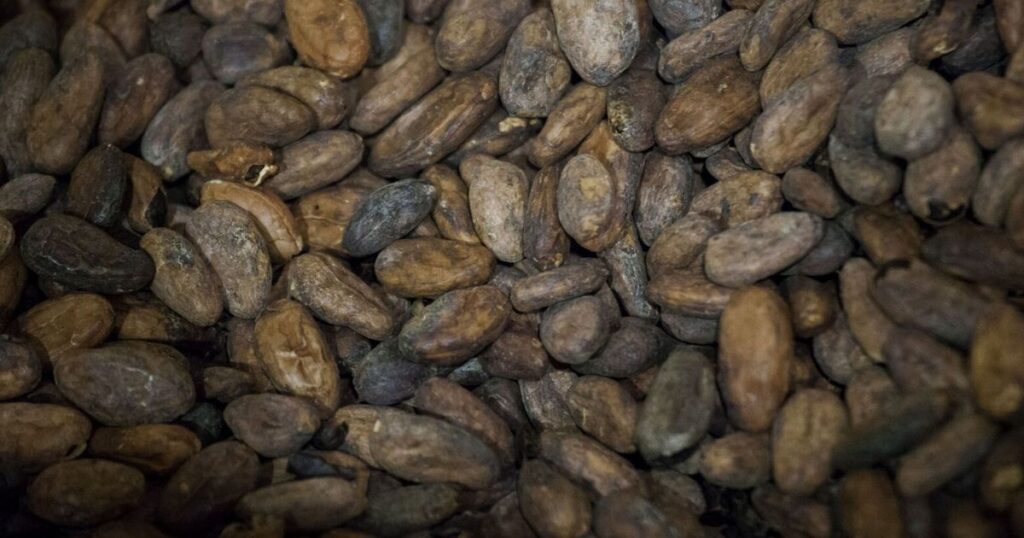(Bloomberg) — Mars Inc. is tapping gene-editing technology that could speed up the development of hardier cocoa plants — part of the company’s efforts to ensure continued supplies of the crucial crop.
The maker of Dove chocolate and M&M’s is entering into a licensing agreement with Pairwise, an agricultural gene editing firm, in order to accelerate the development of plants with desirable traits, according to a statement. Under the agreement, Mars gets access to Pairwise’s CRISPR tools, which allow scientists to modify organisms’ DNA sequences.
The issue is of critical importance for candy-makers after cocoa supplies from Ivory Coast and Ghana, which are the world’s biggest producers of the crop, dropped in recent years due to unfavorable weather and chronic issues such as swollen shoot disease. That sent prices to record highs.
“The ultimate goal is to help address the pressures cacao faces globally from climate variability, plant diseases and environmental stresses,” Pairwise said. Gene editing “has the potential to improve crops in ways that support and strengthen global supply chains,” according to Mars’s plant sciences director, Carl Jones.
Mars previously announced a decadelong $1 billion investment to support the cocoa supply chain in 2018. This included support for researchers at University of California, Berkeley, to use CRISPR to develop disease-resistant cocoa trees. Mars declined to provide further comment.
Mars will now have access to Pairwise’s gene-editing tools, enzymes and trait libraries. CRISPR allows researchers to adjust specific plant characteristics, as opposed to traditional breeding that requires the creation of many different varieties.
That traditional method can take decades and leads to the mixing of tens of thousands of genes, resulting in “really low chances of getting exactly what you want,” Pairwise Chief Executive Officer Tom Adams said in an interview.
CRISPR, in contrast, lets researchers narrow down the process to include only specifically desired traits. Researchers end up with the same result that they’d get from breeding, “but you’re stacking the odds to get what you want,” he said.
Adams noted that gene editing has been successful in resisting disease in other types of crops and providing climate resilience. Pairwise, which is based in Durham, North Carolina, has also been able to decrease the time it takes a tree to mature — a potentially useful trait for cocoa plants that typically take three to five years to start producing.
The European Union is also in talks to set guidelines for gene-edited crops, which are currently near impossible to sell commercially in the bloc. Switzerland, a hub for cocoa processing, is also considering changing its laws to allow gene editing.
More stories like this are available on bloomberg.com
©2025 Bloomberg L.P.

